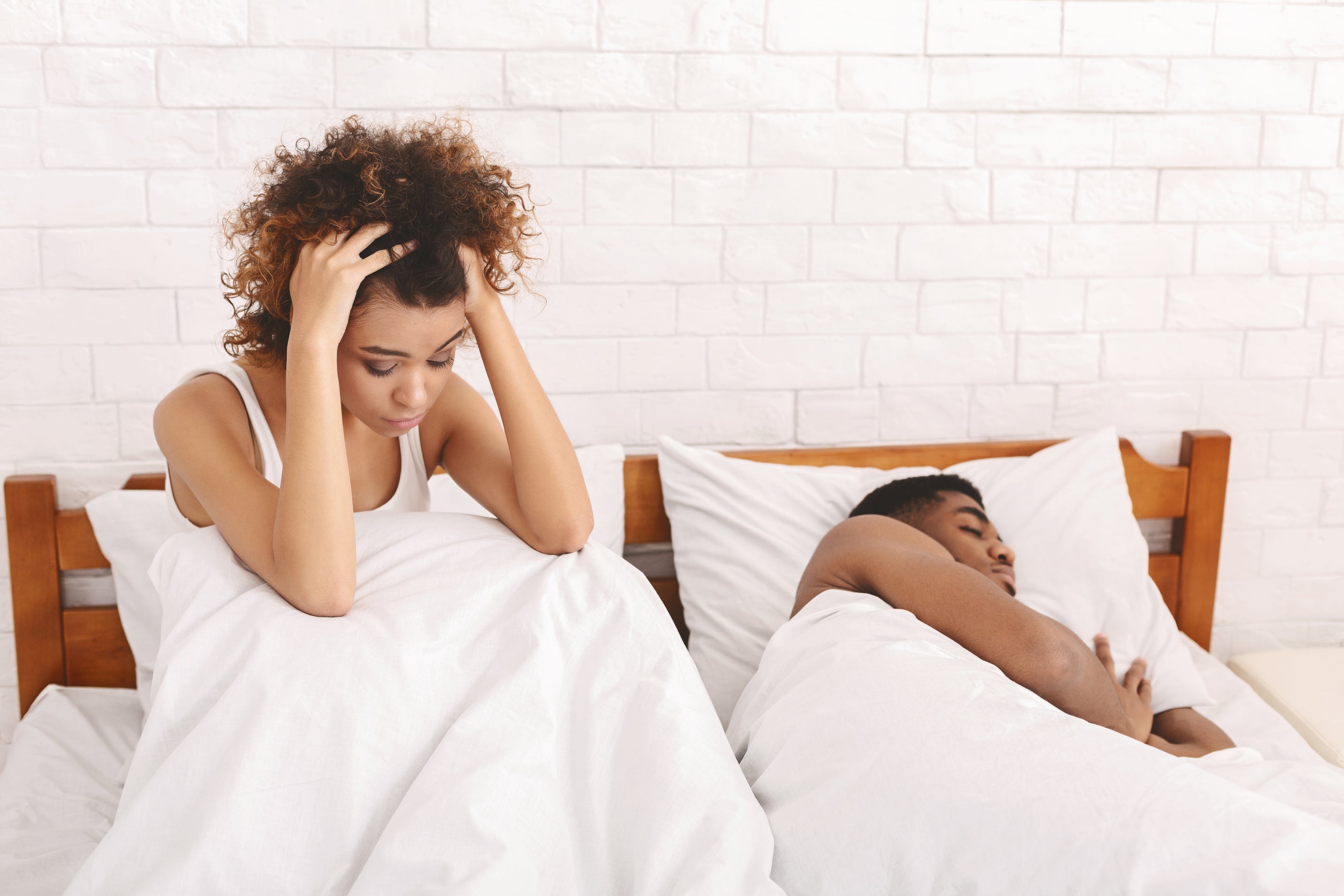Lately, you have been feeling more anxious and stressed. Could this be affecting your sleep? In any case, you clearly have nighttime anxieties, and they seem to interfere with restful sleep. So, you do some research on the web and come across this guide on the relationship between stress, anxiety, and sleep. Keep on reading to sleep like a baby again.
"Hey Google, what is stress? And what about anxiety?"
Before talking about the effects of stress and/or anxiety on sleep, it is important to define precisely what these terms mean! Let's start with stress. According to the Canadian Mental Health Association (CMHA), stress is simply our body's response to any environmental demands or threats. When a perceived or real danger arises, we react physically and instantaneously according to the "fight or flight" response.
This biological fight-or-flight response is rapid and unfolds as follows:
With the perception of danger, the nervous system releases stress hormones, including adrenaline and cortisol, in large quantities.
Their effect is to put our body in a state of maximum alertness for a rapid response to the threat (accelerated heart and breathing rates, muscle tension, increased blood pressure, heightened senses).
As a result, our strength and endurance increase, our reaction time is faster, and our concentration improves to respond instantly to the threat before us.

So, this body response is supposed to protect us and, when functioning properly, help us stay focused, energized, and alert. It can then save our lives in the event of real physical danger or support us in our daily challenges.
Anxiety, on the other hand, is even simpler to define once we understand what stress is. The National Institute of Mental Health defines anxiety as a feeling of apprehension/fear in reaction to an anticipated stress about a situation that is about to happen.
“Why do they say that stress and anxiety cause sleep disturbances?”
As we've just seen, stress can be beneficial in responding quickly to emergencies. Anxiety can allow us to prepare our bodies in advance for such a situation by "preloading" the fight or flight reaction.
But it’s when this stress or anxiety becomes chronic that the problem arises. How do we know when the limit has been exceeded? Simply when you feel overwhelmed and paralyzed by stress instead of being "boosted" by it to act.

Since our nervous system cannot really distinguish between a physical life or death situation and an emotional threat, there can be many bouts of stress and anxiety. The more we activate our emergency stress system, the harder it is to stop it.
This has a significant impact on sleep. According to the Sleep Foundation, the relationship between stress, anxiety and poor sleep is mutual, and can take the form of a vicious circle. Indeed, while stress disturbs sleep, poor sleep makes us more sensitive to emotions but also to anxiety.
Over the long term, intense and prolonged stress can be devastating to health, as it can weaken the immune system or maximize the chances of having heart problems. Therefore, it is important to reduce stress to sleep well, and to sleep well to reduce stress!

"But how can you reduce stress levels to sleep better?"
There are several approaches that can be interesting. They can be divided into two categories:
Methods to reduce stress
Methods to maximize sleep quality
Relaxation to reduce stress
Among the methods for reducing stress, one worthy of mention and remarkably effective would be that of progressive muscle relaxation. This method allows us to differentiate between our muscular state when we are stressed ("tensed" muscles) and when we are in a relaxed state ("uncontracted" muscles) by successively putting our muscles in tension and then in relaxation.
Start by strongly tensing different muscle areas, then release them and feel your muscles relax. This will decrease the muscle tension which is one of the consequences of stress. This will have the effect of reducing muscle tension, which is one of the consequences of stress. You will thus reduce it by eliminating one of the effects induced by stress and anxiety by making all muscular tension disappear. Here is an example. Some smart watches, such as the Apple Watch, also offer breathing exercises to reduce your stress during the day. How convenient!
A healthy lifestyle for a good quality of sleep
The second category concerns your lifestyle and consists of habits that you can adopt before bed to maximize your chances of falling asleep and getting a good night’s sleep. These include not drinking exciting substances such as coffee 4 to 6 hours before going to sleep, or not doing strenuous sports in the evening. This would stimulate adrenaline production and keep you alert. Practice these activities as early in the day as possible!
How does confinement/isolation disrupt sleep?
The stress/anxiety-sleep relationship is to be closely monitored as one affects the other so much that it’s endless. To counter the effect of stress on sleep and vice versa, follow the tips above to reduce your stress and maximize the quality of your sleep!
However, if you think that your bed is the cause of your bad sleep, browse through our collection to buy your next foam mattress! You will then be sure to get a good night's sleep. We look forward to seeing you soon among our customers!

If you liked our blog article, please don't forget to Share it with your friends by clicking the button below!











